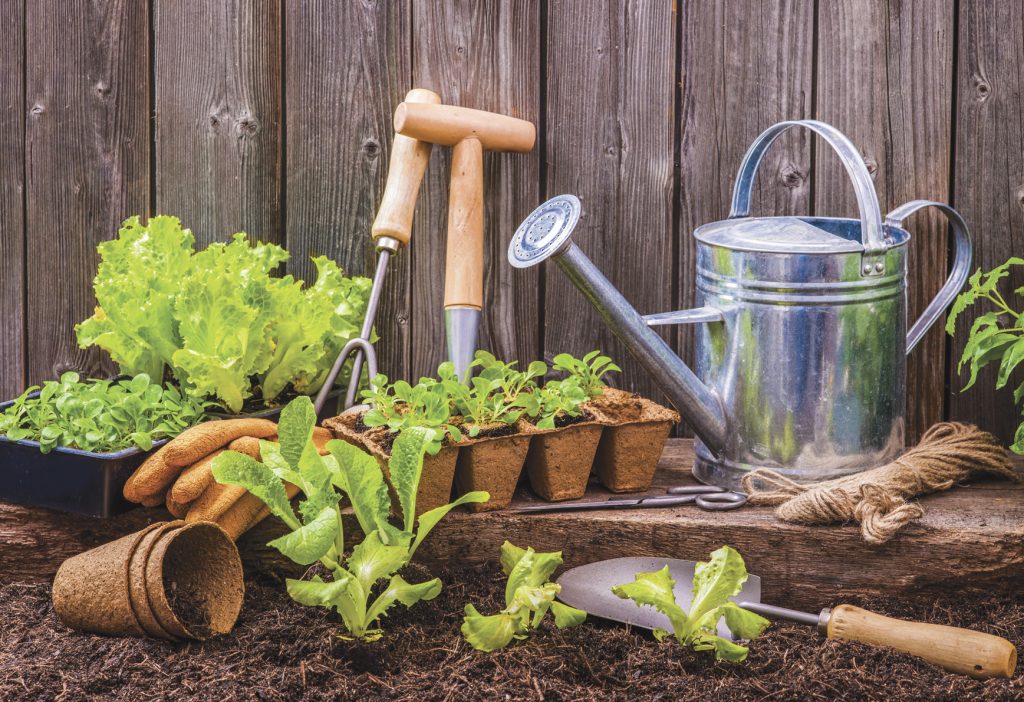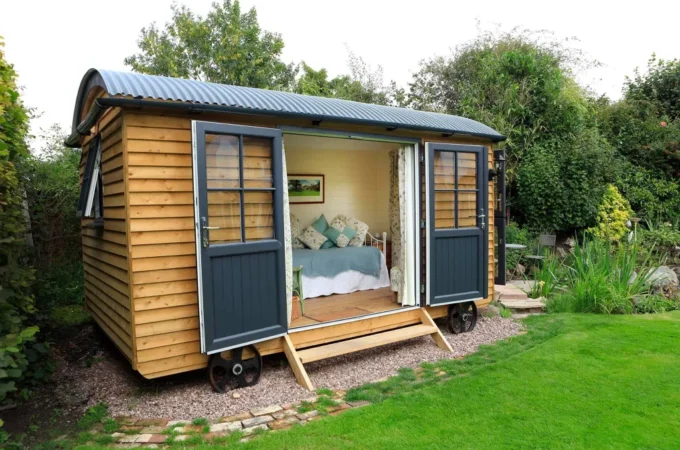
Essential Gardening Tips for Every Season
Depending on the climate where you live, each season is different for a gardener. Certain flowers and plants only grow and bloom during specific seasons. In many places, winters are too cold for a garden to stay alive.
Know Your Seasons
Fall

In most locations, the fall season is the best time to prepare your garden for planting because there’s not really much growth to be expected during the approaching winter months.
Winter

During the winter months, you need to take precautions to protect remaining plants from snow. Snow blocks the sun from reaching the plants. It is a good idea to put up some landscaping fabric during these cold times.
Spring/Summer

Spring will be the time for planting and blooming of bulbs and trees that went dormant in the fall. The summer months are when your garden will be in full bloom.
The best times to water your garden is in the morning or in the afternoon. Water your garden in the morning because it’s still cool and it will allow the water to filter down to the roots of the plants and not much water will evaporate. The plants will be able to enjoy the water throughout the day making it easier for the plants to cope in the summer sun.
If you don’t water your garden in the morning don’t water it in the midday sun because this will cause your plants to burn. Wait till the late afternoon when it’s slightly cooler but there’s still enough daylight left for the leaves to dry. If the leaves are damp during the night it creates an environment for fungus to grow.
Watering in the afternoon also leaves enough time without the hot sun for water to filter into the soil without too much evaporation.
Garden Cleaning

Garden beds need to be cleaned regularly throughout the year. This means removing weeds and annual plants that have stopped producing. Cleaning stops the build-up of diseases in the winter months.
Removing weeds from the garden is an important part of garden cleaning. Do not neglect this during the Fall and Winter months. Weeds will set root systems during this time and soak up all the nutrients from the soil making it a nightmare when the new planting season arrives. Find out more about how to make garden cleaning easier from this yard cleaning website.
Prepare the Soil

Before starting a garden one needs to ascertain which plants will grow there and then prepare the soil for planting. The best time to prepare the soil is during the fall. At this time most flowers will be out of bloom.
Now is the time to remove annual flowers that are no longer producing from your garden. It is also a good opportunity to remove weeds because the early rains would make the soil soft. Once you have removed all the unwanted weeds you can start turning the soil and adding in compost to put nutrients back into the soil.
Soil without nutrients is just pure sand or pure clay and cannot promote growth in your garden. Add partially decomposed compost to the soil in the fall so that it can continue to decompose during the winter. When Spring comes around all these nutrients will be ready for the new planting season. In some places composting needs to happen twice a year.
Mulching

What you put on top of the ground is as important as what you put in the ground. Mulch is any organic or inorganic material that is used to cover the soil in the garden.
A nice layer of mulch will keep weed seeds from reaching the soil. It will also help with moderating the temperature of the soil. This extra layer will minimize evaporation and keep the root system moist. It also prevents soil erosion and maintains a porous surface.
Container Gardening
Container gardening is a great idea for a four-season garden. You can change plants each season by either removing annual plants or removing the containers and adding containers with plants for that specific season. It cuts out a lot of the garden chores and you will have a colorful garden all year round.




